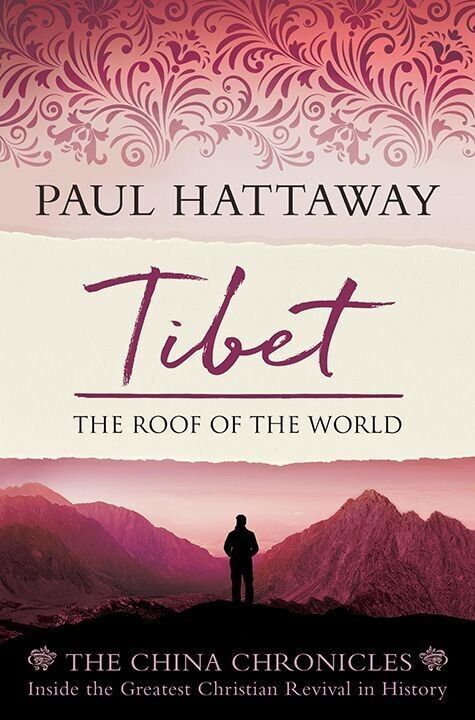1940s
Amdo ཨ་མདོ་
One unexpected challenge that confronted the missionaries in Amdo occurred when the large population of Muslims in the region decided that they, too, could convert Tibetans to their religion. Aided by Muslim officials, they attempted to attract Tibetans to Islam by building roads and other infrastructure for them. Because the Muslims' message was without hope or power, however, their efforts soon faded, but for a time the environment was made more difficult for the missionaries.
The 1940s also saw a changing of the guard in Amdo, as a number of veteran missionaries who had given their all to reach the Tibetans retired and were replaced by new recruits.
A former American naval officer, Virgil Hook, came to live among the nomads in Qinghai, and a short time later reported that he was having a tough time, and was "enduring great hardships among the 40,000 Tibetan nomads; intense cold at over 13,000 feet [3,962 meters] above sea-level, life in a tent amid raging snowstorms, the constant discomforts of bugs, fleas and lice, and the doubtful delicacies of buttered tea and ancient cuts of meat."
A breakthrough occurred in a place known as 'robber valley' in Amdo territory, following the death of missionary Betty Ekvall, who perished after contracting anthrax. The Ekvalls' son, David, was attending school in Vietnam at the time and was not aware of his mother's sickness until he had a vision, in which he saw her standing beside the Lord Jesus Christ, who turned to her and lovingly said, "Well done, thou good and faithful servant." A supernatural peace engulfed David, and when news finally reached him of his beloved mother's death, his heart was at rest.
Several years earlier when she had suffered another sickness, Betty had prayed to God, asking that her life might be spared to bring Tibetans to faith in Jesus, and that her death might also serve the same purpose.
Robert Ekvall was heartbroken at the passing of his wife, but a short time later he visited Drongwa, where he was welcomed into the home of an old Tibetan man. The Ekvalls had shared the gospel with the man many times, but he always seemed incapable of grasping the message.
When the Tibetan asked Ekvall where his wife was, the missionary replied, "She is in heaven with Jesus." The question and answer were repeated three times, because
"The old man wanted to be very sure he was hearing correctly. Convinced, he immediately replied, 'I must believe,' and then prayed, 'God, be merciful to me a sinner and save me for Jesus' sake.'
He then asked his son and grandson if they wanted to follow in the Jesus way, and they gave their affirmation. This was the beginning of a spiritual breakthrough in 'robber valley'. During the following months the missionary's heart was encouraged as he saw family after family turn to Jesus. Hostility was turned to acceptance and goodwill as non-Christians saw the changed lives of their neighbors.
As the Christian community grew, the missionary had to warn overzealous Christians not to force or coerce those who had not accepted their faith, but to win them by their transformed lives characterized by love, joy, and hope.
So it was that in a most unlikely place, 'robber valley,' a new prayer was heard: 'Our Father who art in heaven.'"
© This article is an extract from Paul Hattaway's book ‘Tibet: The Roof of the World’. You can order this or any of The China Chronicles books and e-books from our online bookstore.
1. China's Millions (January 1877), p. 5.
2. A. J. Broomhall, Hudson Taylor & China's Open Century: Book Six – Assault on the Nine (London: Overseas Missionary Fellowship, 1988), p. 148.
3. "Through Eastern Thibet," China's Millions (August 1879), p. 101.
4. My translation of the Jean-Baptiste Brieux Obituary in the Archives des Missions Etrangères de Paris, China Biographies and Obituaries, 1800-1899.
5. "What it Costs to Murder in Tibet," Chinese Recorder (August 1891), pp. 358-59.
CONTACT US
Asia Harvest USA
353 Jonestown Rd #320
Winston-Salem, NC 27104
U.S.A.
Other Asia Harvest Addresses
Send Us a Message Online
RESOURCES
RECENT POSTS






